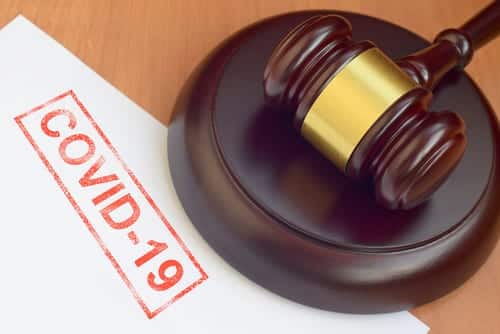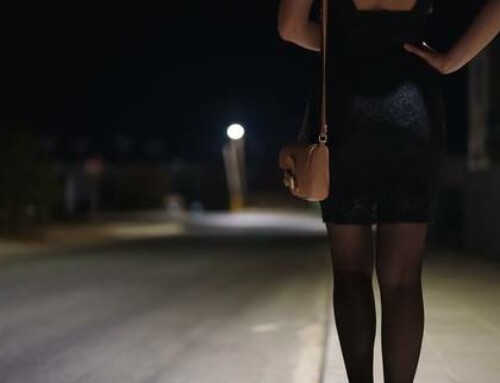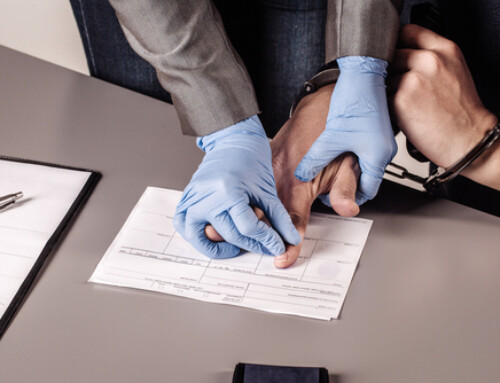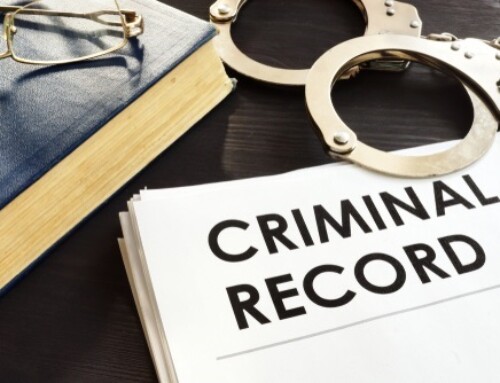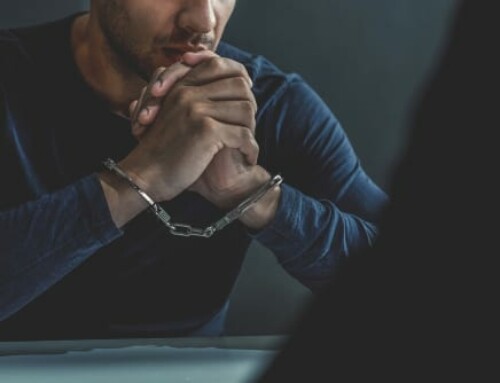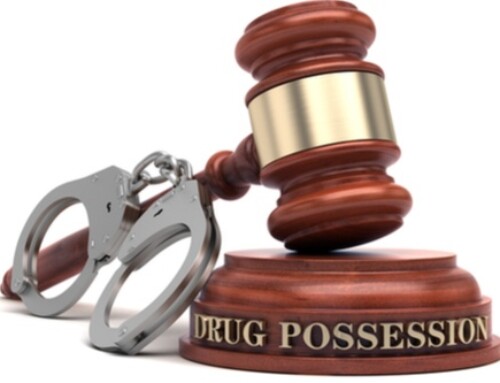It has now been several months since South Carolina Governor Henry McMaster first issued a state of emergency in response to the novel coronavirus (COVID-19) crisis; and, while some aspects of life are gradually starting to return to normalcy in the Charleston and North Charleston areas, there are still many ways in which the virus is continuing to impact life on a day-to-day basis. Beaches and pools are open but subject to strict rules and restrictions. Dine-in restaurants and retail stores are far below capacity. We still don’t know if children and college students will be returning to in-person classes in the fall.
But, another impact of the COVID-19 pandemic that has largely gone overlooked by the media is its impact on the courts. On April 22, 2020, the Supreme Court of South Carolina issued an Order severely restricting the operation of courts statewide. While this Order has wide-ranging impacts for all types of cases, it is particularly important for individuals who are awaiting trial on criminal charges.
What is the Current Status of Criminal Cases in South Carolina?
As a criminal defendant, it is critically important to understand how the COVID-19 crisis impacts your pending case. However, this is also easier said than done. The Supreme Court’s April 22 Order is long and complex, and it impacts criminal cases differently depending on their current status.
1. All Jury Trials are Postponed “Until Further Notice”
Section (c)(1) of the Supreme Court’s April 22 Order states: “All jury selections and jury trials in all criminal and civil cases are continued until further notice.” Continued is a legal term that means postponed. So, if your criminal case is currently awaiting jury selection, or if your case has been set for trial, this stage of your case has been postponed indefinitely.
However, this does not necessarily mean that you simply have to sit and wait. Prosecutors and defense lawyers are still working; and, with cases piling up, the prosecutors assigned to your case may be open to considering a favorable plea deal. If you are interested in obtaining a resolution and avoiding a substantial delay in your trial, you should discuss your options with an experienced criminal defense attorney. Plea deal negotiations cannot be used against you in court; so, as long as your negotiations are handled carefully, attempting to negotiate a favorable plea could be a no-lose situation.
2. Some Hearings are Still Taking Place
While all criminal trials in South Carolina have been postponed, the courts are still conducting hearings on motions. As explained in Section (c)(3) of the Supreme Court’s April 22 Order: “A hearing on a motion or other matter may be conducted using remote communication technology to avoid the need for a physical appearance by any party, witness or counsel. [I]f a judge determines that the hearing cannot be conducted adequately using remote communication technology and the matter involves an emergency or other circumstance warranting immediate determination, [then] an in-person hearing [will] be conducted.”
Hearings are court proceedings that are used to resolve pre-trial issues, such as questions regarding the admissibility of evidence and defendants’ motions to dismiss the charges against them. While the South Carolina courts have traditionally held hearings for substantially all motions, during the COVID-19 pandemic, judges are making some rulings on some motions without holding remote or in-person hearings.
Importantly, preliminary hearings in criminal cases are not being conducted at all during the courts’ closure. This is stated in Section (c)(6) of the Supreme Court’s April 22 Order. However, bond hearings are taking place in Summary Court. Under Section (c)(12) of the Order:
“In addition to the normal factors for determining whether the defendant will be required to post a bond or will be released on personal recognizance, the judge should consider the need to minimize the detention center population during this emergency. Further, judges should consider home detention or other options to help reduce the detention center population.”
3. The Impact on Criminal Defendants’ Constitutional Rights
While South Carolina does not have a statute of limitations for prosecutors to pursue criminal charges, there are other important legal issues implicated by the indefinite delay of all criminal trials. For example, serious questions have been raised about whether – and when – delays caused by the COVID-19 crisis may result in violations of defendants’ right to a speedy trial under the Sixth Amendment to the U.S. Constitution.
4. The South Carolina Courts are Tentatively Targeting June 12 for Resuming Some Normal Operations
When should you be prepared for your criminal case to resume? Currently, the South Carolina Judicial Branch is tentatively targeting June 12, 2020, as the date on which courts will begin the process of resuming normal operations. However, this remains subject to change as circumstances continue to evolve. Additionally, as the courts will have gone almost two months without conducting a single trial, there will be a substantial backlog that is likely to delay current and future cases for months to come.
That said, if you have a criminal case pending and your case has been delayed by the court closures during the COVID-19 crisis, you need to make sure you are absolutely certain when your case will resume. You should receive information from the court well in advance of your next scheduled court proceeding, but if you have questions you should not hesitate to seek information. You can either contact the court directly; or, if you contact us, we will be happy to help you determine the current status of your criminal case.
For the latest information about court closures and court proceedings in South Carolina, you can visit the South Carolina Judicial Branch – Court Information.
Request a Free Consultation with North Charleston Criminal Defense Lawyer Rad S. Deaton
If you have questions about the status of your criminal case, or if you need to speak with a criminal defense lawyer about a recent arrest in the North Charleston area, we encourage you to get in touch. To request a free consultation with North Charleston criminal defense attorney Rad S. Deaton, please call 843-225-5723 or inquire online today.

